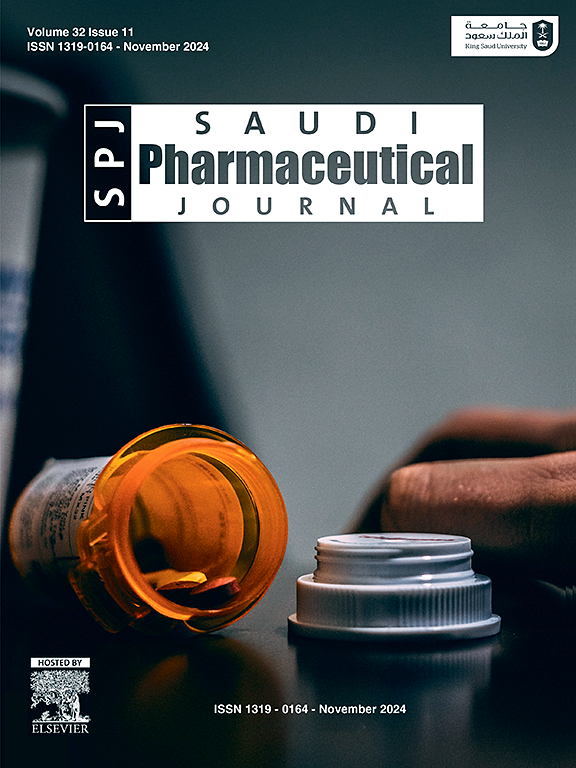Rise of implantable drugs: A chronicle of breakthroughs in drug delivery systems
IF 3.4
3区 医学
Q2 PHARMACOLOGY & PHARMACY
引用次数: 0
Abstract
In recent years, implantable drug delivery systems (IDDSs) have undergone significant advancements because they offer many advantages to patients and health care professionals. Miniaturization has reduced the size of these devices, making them less invasive and easier to implant. Remote control provides more precise medication delivery and dosage. Biodegradable implants are an additional advancement in implantable drug delivery systems that eliminate the need for surgical removal. Smart implants can monitor a patient’s condition and adjust their drug doses. Long-acting implants also provide sustained drug delivery for months or even years, eliminating the need for regular medication dosing, and wireless power and data transmission technology enables the use of devices that are more comfortable and less invasive. These innovations have enhanced patient outcomes by enabling more precise administration, sustained drug delivery, and improved health care monitoring. With continued research and development, it is anticipated that IDDSs will become more effective and provide patients with improved health outcomes. This review categorizes and discusses the benefits and limitations of recent novel IDDSs for their potential therapeutic use.
植入式药物的兴起:给药系统突破纪事
近年来,植入式给药系统(IDDS)取得了长足的进步,因为它们为患者和医护人员提供了许多优势。微型化缩小了这些设备的尺寸,使其创伤更小、更易于植入。远程控制可提供更精确的给药和剂量。生物可降解植入体是植入式给药系统的又一进步,无需手术取出。智能植入体可以监测病人的病情并调整药物剂量。长效植入体还能持续给药数月甚至数年,无需定期服药,而无线供电和数据传输技术则使设备的使用更舒适、创伤更小。这些创新技术通过实现更精确的给药、持续给药和更好的医疗监测,提高了患者的治疗效果。随着研究和开发的不断深入,预计 IDDS 将变得更加有效,并为患者提供更好的医疗效果。本综述对最近出现的新型 IDDS 进行了分类,并讨论了其潜在治疗用途的优点和局限性。
本文章由计算机程序翻译,如有差异,请以英文原文为准。
求助全文
约1分钟内获得全文
求助全文
来源期刊

Saudi Pharmaceutical Journal
PHARMACOLOGY & PHARMACY-
CiteScore
6.10
自引率
2.40%
发文量
194
审稿时长
67 days
期刊介绍:
The Saudi Pharmaceutical Journal (SPJ) is the official journal of the Saudi Pharmaceutical Society (SPS) publishing high quality clinically oriented submissions which encompass the various disciplines of pharmaceutical sciences and related subjects. SPJ publishes 8 issues per year by the Saudi Pharmaceutical Society, with the cooperation of the College of Pharmacy, King Saud University.
 求助内容:
求助内容: 应助结果提醒方式:
应助结果提醒方式:


